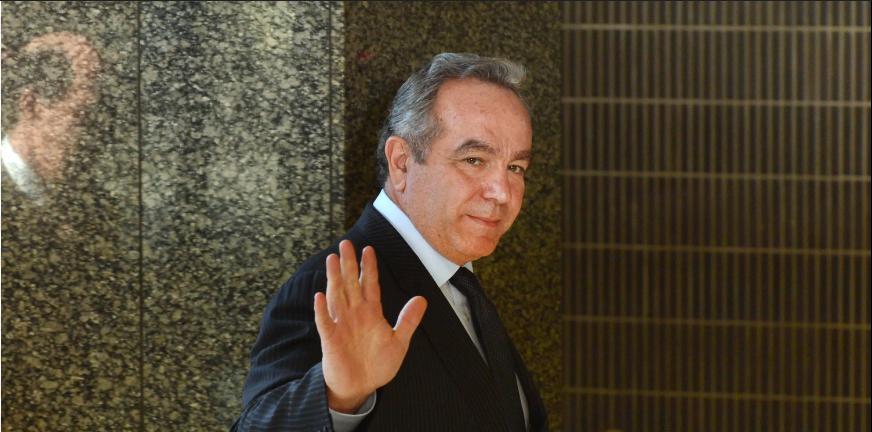Kurt Campbell said July 30 that Washington must do more to counter China’s actions, which include a strategy of building military bases and efforts to pursue rare earth minerals in Africa.
Speaking at a Senate Foreign Relations Committee hearing, Campbell said competition with China is “the defining geopolitical challenge facing modern American diplomacy” and said the U.S. Navy and Air Force need to step up their game in the Indo-Pacific region.
Campbell said, “We need to do more, and we have to counter China’s actions, not only in terms of their strategy of forward basing, but also in terms of their desire to pursue rare earths in Africa, which are critical to our industrial and technological capabilities.”
Campbell said the gap between China and the United States in shipbuilding is “deeply concerning.”
“We have to do better in this area or we will not be the strong naval power we need to be in the 21st century,” he said.
Campbell, who has long advocated shifting U.S. power to the Indo-Pacific region, said that the 20 years of U.S. involvement in the Middle East has been primarily ground forces and that “we’ve made all the appropriate investments, we’ve modernized, and we’ve innovated.”
“Now it’s time for the Navy and the Air Force. They must step up. They must step up. They must be more innovative,” he said.
“They have to be braver, and they have to understand that the Indo-Pacific region needs the most capable Navy and the most advanced long-range air power that the United States has ever seen, and that’s where we have to put our focus.”
Rare earths are critical to high-tech applications, including defense equipment, and to President Joe Biden’s efforts to electrify the auto market to combat climate change.
The U.S. desperately needs access to resources outside of China, which will account for more than 70 percent of the world’s rare earth production in 2022.
Senator Chris Coons, a Democrat in Congress, pointed out that the United States does not have an ambassador in the tiny African nation of Swaziland, which is one of the few countries that diplomatically recognizes Taiwan rather than Beijing.
“Where China really competes with us is in international organizations,” Campbell said.
“We have to be able to compete there. I don’t like to go to a country where we sit down and talk to the leaders there when we don’t have an ambassador there; or where the U.S. hasn’t been there in a couple years …… I do think we should send people to those places.”

